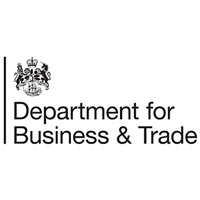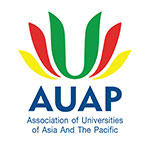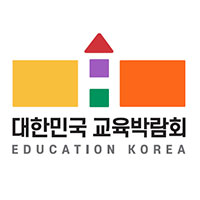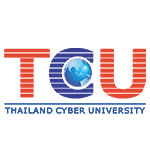This whitepaper by ISC Research compares the crises weathered by the international schools market in the past with the new challenges presented by COVID-19. Whilst many international schools have planned for the unexpected, there are several key differences about the impact of the current crisis.
A whitepaper by ISC Research
The international schools market is not new to crises and many international schools have comprehensive plans in place for unexpected closures, but nothing has impacted the whole sector quite like COVID-19.
The international schools market is, nevertheless, expected to show resilience for the same reason it has in the past. Local international school parents, particularly in Asia, value their child's education over many other needs. So much so, that they will only withdraw their child from their international school as a last resort. During the global recession following the financial crash of 2008, most local children maintained their international school places even if their families were financially impacted in other aspects of their lives.
The reasons why international schools have weathered crises in the past are cited in a new white paper published by ISC Research. In addition to the 2008 global financial crash, the white paper includes data and market response to the major oil and gas slump between 2014 and 2016, and Japan's earthquake, tsunami and nuclear disaster of 2011.
The white paper states that, right now, many international schools are demonstrating adaptability and resilience through their solutions for distance learning, wellbeing provision, and strategies to assess and address learning gaps. They will need to display similar qualities to prepare for the potential staff recruitment challenges which will fully reveal themselves from July when many teachers need to relocate to take up new positions. There could be a fall in the supply of international teachers worldwide, or travel issues related to border restrictions. International schools will need to consider alternative options, suggests the white paper.
A free copy of the white paper is available here.
ISC Research tracks the world's international schools market. It gathers and supplies intelligence and data on international school market developments, challenges and opportunities. More information about the market, and the reports and services available: www.iscresearch.com

.png?width=423&height=100&ext=.png)





.png?ext=.png)




















